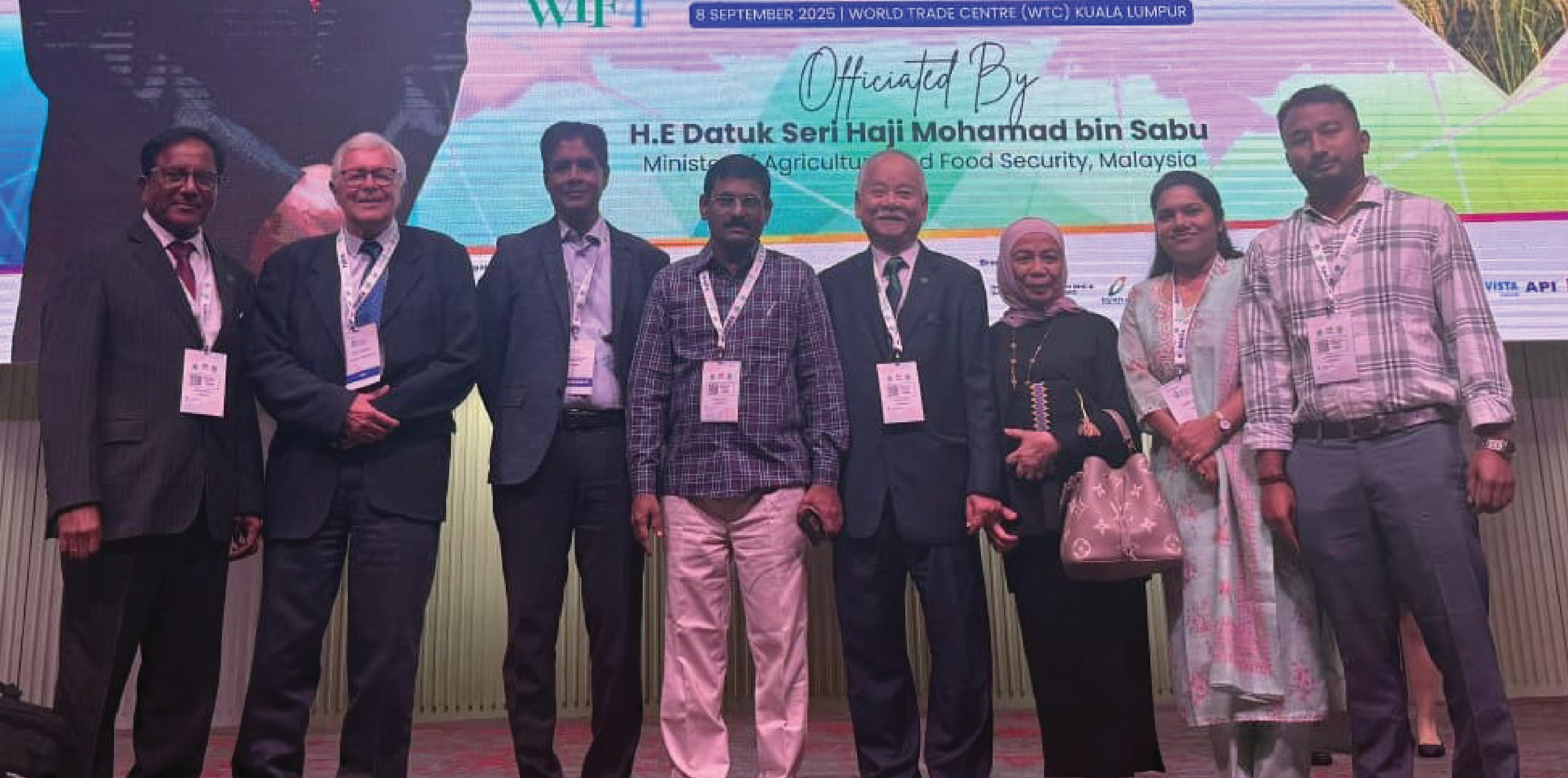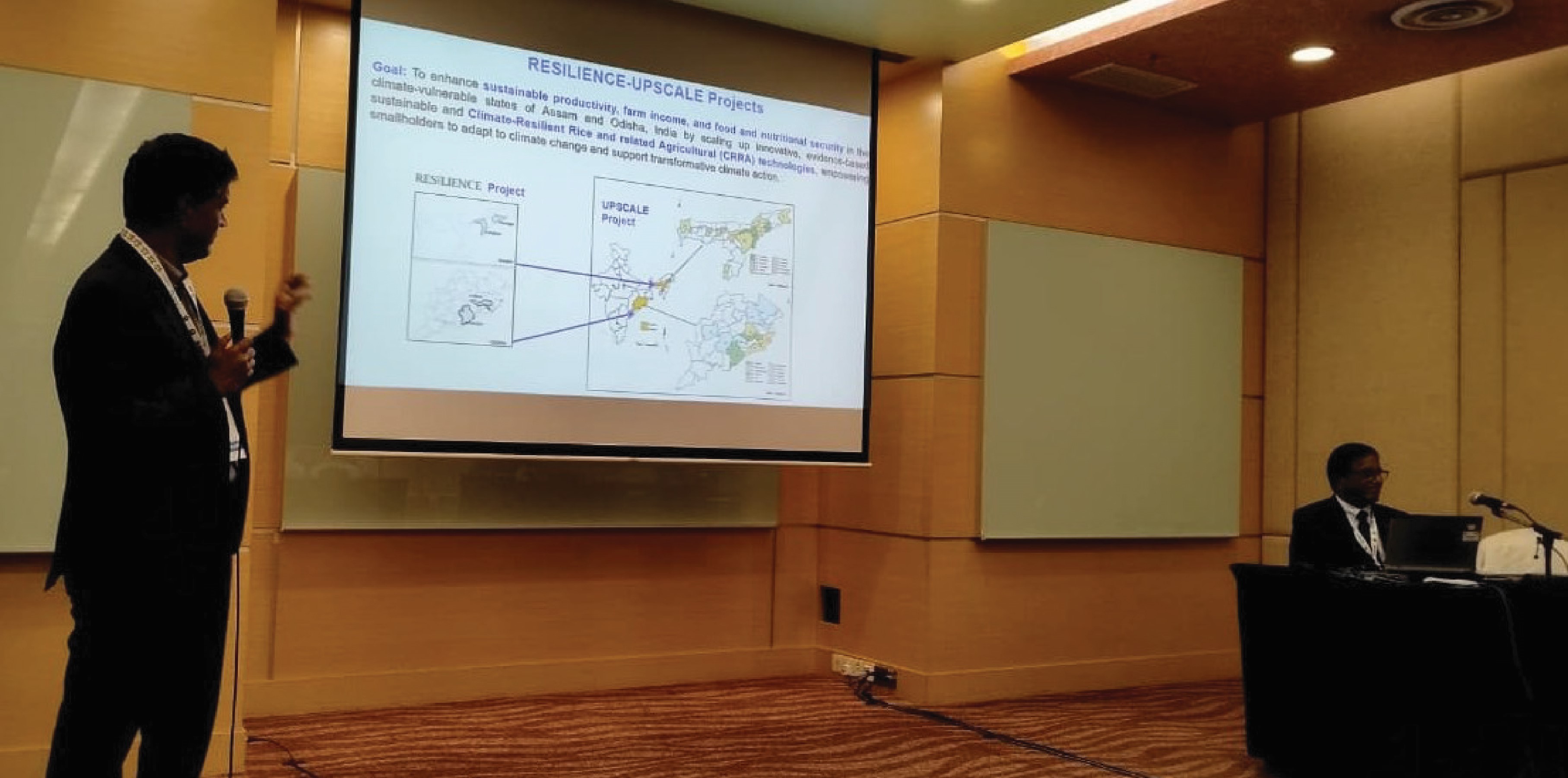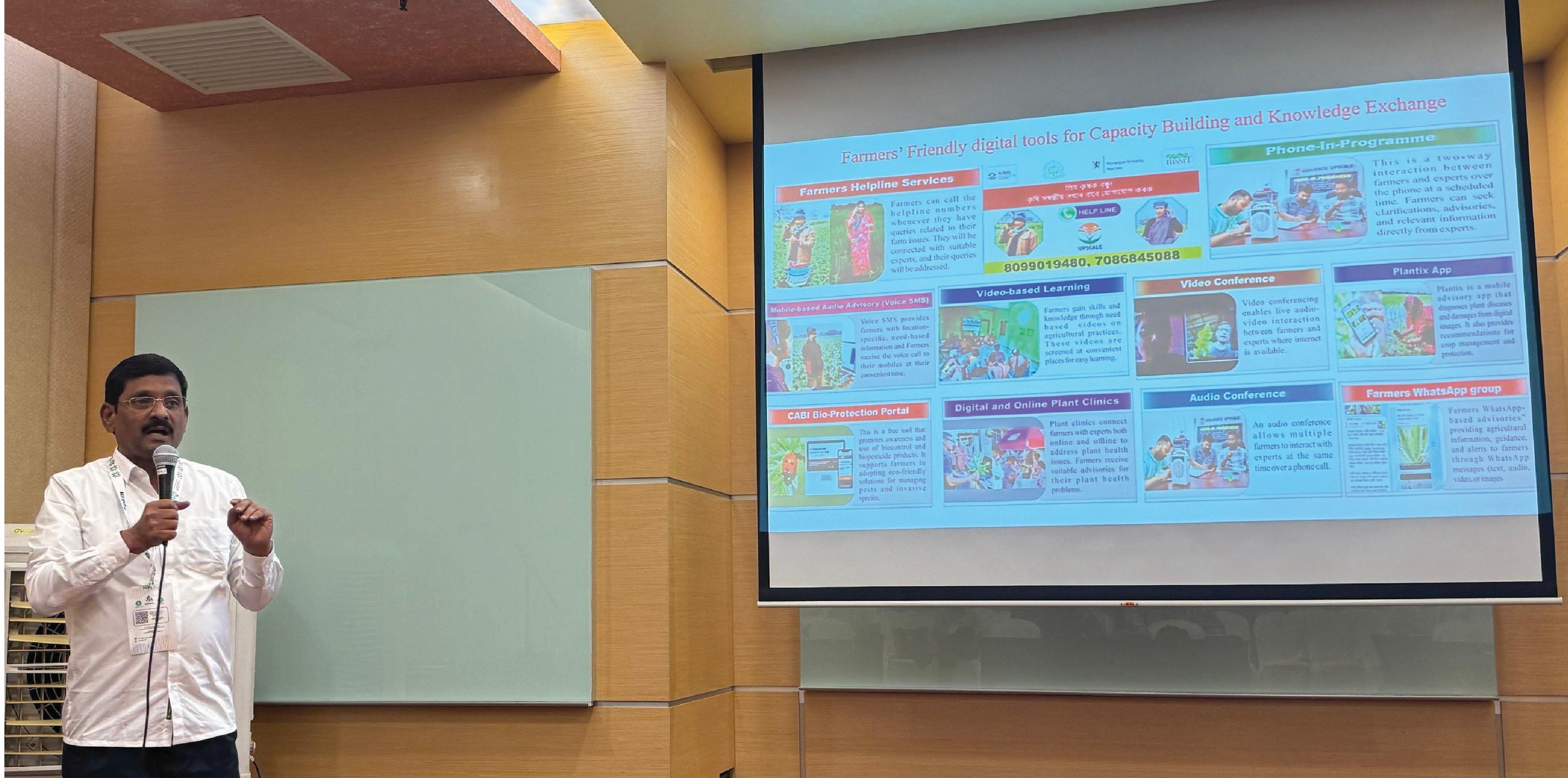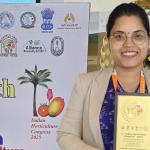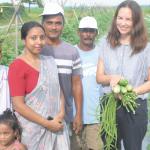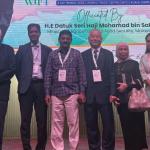Resilience-Upscale Project partners presented the successes and learnings from the project interventions at the ICID International Conference held in Kuala Lumpur, Malaysia
The International Commission on Irrigation and Drainage (ICID) organized the 4th World Irrigation Forum (WIF4) and the 76th International Executive Council (IEC) meetings, hosted by the Malaysian National Committee on Irrigation and Drainage (MANCID), from September 7–13, 2025, in Kuala Lumpur, Malaysia. The main theme of the Forum, “Is Irrigation a Sunset Industry?”, provided an opportunity to interact and exchange knowledge and experiences with a large number of experts in the field of agricultural water management from around the world.
As part of the conference, a workshop focusing on “Technology Interventions and Digitization of Agriculture: Current Opportunities, Challenges and Responses for Smallholders” was organized by the Resilience- Upscale project consortium.
Dr. Nagothu Udaya Sekhar, Director of the Centre for International Development, Norwegian Institute of Bioeconomy Research (NIBIO), coordinated the event. He outlined the background of the Resilience and Upscale projects, justification of the projects in the context of global challenges, especially, global food security and climate change. He also emphasized on the importance of international cooperation and how the initiatives such as Resilience and Upscale can contribute to addressing climate challenges in most vulnerable regions as Odisha and Assam in India, impacted by droughts and floods. Dr. K. Yella Reddy, Executive Committee Member of ICID, chaired the session.
Dr. Pompi Dutta, Assistant Professor at Assam Agricultural University (AAU), presented the key achievements. She highlighted the experiences of demonstrating technological interventions such as crop diversification, direct-seeded rice, precision nitrogen management, and solar-operated agro-equipment in the project areas. She emphasized that these efforts helped smallholders achieve a 22% increase in yield, reduced fruit damage due to soil-borne infections and fruit fly infestations, and eased harvesting and plant protection measures. She also shared the project results from the adoption of integrated nutrient management and precision nutrient management practices to enhance nutrient use efficiency.
Dr. M.J. Konwar, Scientist. AAU, Jorhat, presented the key challenges of Assam state that included flooding, small farm sizes, lack of awareness, insufficient knowledge, weak inter-institutional collaboration, and low mechanization. He briefed on the initiatives taken by the Resilience and Upscale projects to combat the challenges. Further, he presented two examples of successful interventions namels., the Seed Production System Model, and the cultivation of speciality rice Labanya. Upscaling of Labanya from 3 farmers in 2021 to 100 hectares in 2025 shows how collaboration through Farmers’ Interest Groups (FIGs), Farmers’ Producer Organisations (FPOs), and Farmers’ Producer Companies (FPCs) facilitated the expansion of these interventions to benefit more farmers.
Dr. R. Rajkumar, Principal Scientist, M.S. Swaminathan Research Foundation (MSSRF), highlighted how digital tools support smallholders for capacity building and knowledge exchange to build resilience and promote climate-resilient agriculture. He shared the experiences from the use of various farmer-friendly digital tools deployed through ICT-enabled Village Knowledge Centres (VKCs) and Virtual Village Knowledge Centres (VVKCs), along with gender integration and stakeholder support. He summarized the key factors to achieving digital inclusivity, including the need for location-specific, demand-driven, and gender-sensitive content, availability of time and resources, capacity building and learning processes across all actors in the value chain and appropriate selection of tools useful to both male and female farmers. He emphasized that technology alone is insufficient; successful digital transformation requires supportive policies, strong institutions, and effective partnerships.
Participants appreciated the presentations and expressed interest in learning more about initiatives such as plant clinics and rice production systems. The Chair commended the presentations and noted that such interventions are essential to mitigate the impacts of climate change, enhance adaptive capacity and mitigation efforts, and improve the income and livelihoods of smallholder farmers.

